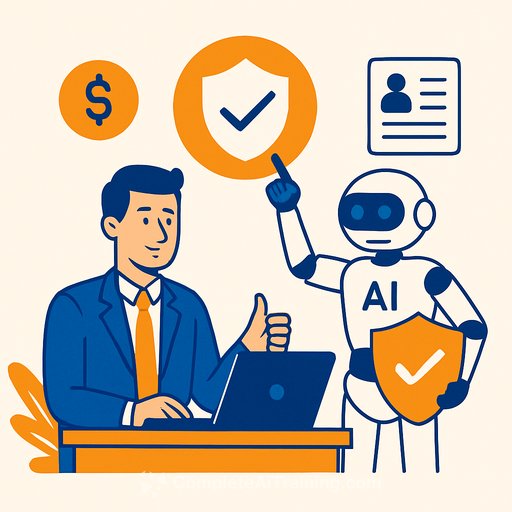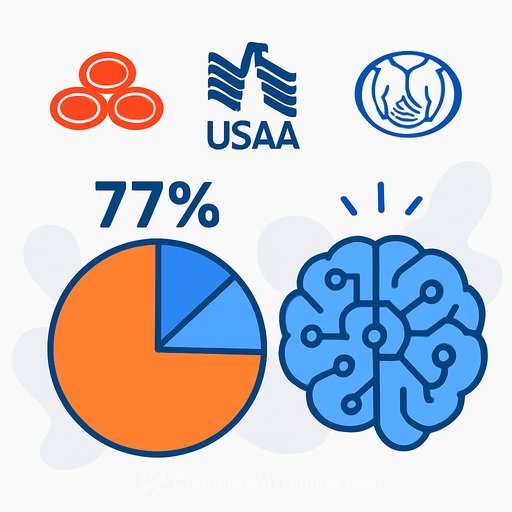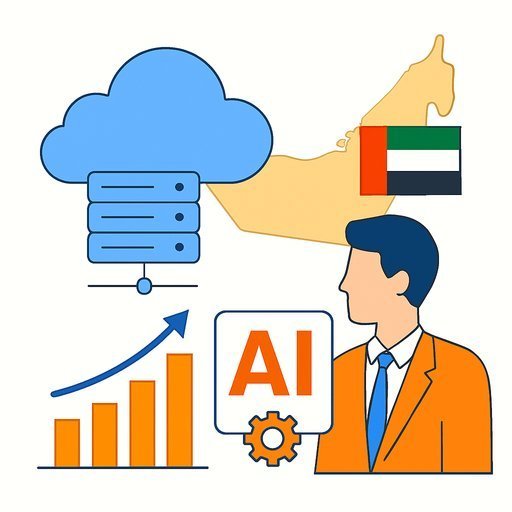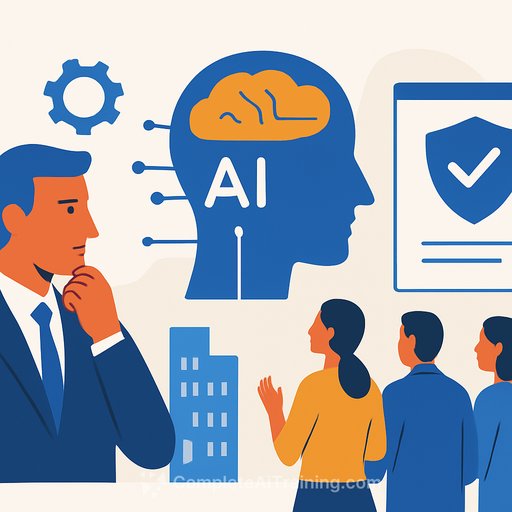Why Swiss Re’s Ladva Believes AI Won’t Kill Insurance Jobs
Mass layoffs in tech and finance have sparked fears about AI displacing white-collar jobs. The World Economic Forum forecasts that AI could eliminate 92 million jobs by 2030 but also create 170 million new ones. Despite this, 71% of Americans worry AI will cause permanent job loss. Many wonder if insurance will follow the same path.
Pravina Ladva, group chief digital & technology officer at Swiss Re, offers a different perspective on AI’s role in insurance. She sees the technology as an enabler rather than a threat. “The technology is advancing quickly, but what excites me is not the technology itself; it’s what the technology enables our industry to do when combined with people and processes,” she says.
The Unexpected Benefits of AI in Insurance
Layoffs are often linked to AI, but Ladva points out that assumption can be misleading. AI is still too new to cause large-scale job cuts. In insurance—especially reinsurance—the workforce is already stretched. There’s more work, more analytics, and more responsibilities than there are people to handle them.
AI helps shift and rebalance this workload rather than reduce headcount. Another important benefit is knowledge preservation. As many experienced insurance professionals approach retirement, their expertise risks being lost. AI offers a way to capture and embed this institutional knowledge into systems that support newer employees and returning staff.
In this way, AI addresses workforce challenges by sustaining expertise and ensuring continuity, not by replacing people.
Managing AI Anxiety and Burnout
While AI can boost productivity, it also raises fears of job loss, causing anxiety and burnout. Ladva stresses that the solution lies in education, change management, and inclusion. “The bigger challenge is change management,” she explains. “We need massive education and retraining programs. But most importantly, you need to do this with people, not to them.”
Swiss Re involves frontline employees in designing AI-enabled tools. This approach turns employees into co-creators instead of passive recipients, building trust and encouraging adoption.
The skills needed to succeed in an AI-driven insurance industry are less about coding and more about mindset. Flexibility, adaptability, openness to learning, and curiosity about how AI can serve both employees and clients are crucial.
AI’s Real Impact: Solving Old Problems in New Ways
Ladva’s excitement lies not in the technology itself but in what it enables. AI creates simplicity from complex data flows that have long challenged the insurance sector. It opens opportunities to rethink processes across underwriting and claims, unlocking value that was previously out of reach.
She highlights three key areas where AI is already making a difference:
- Claims: AI streamlines claims handling by summarizing large volumes of reports, freeing teams to focus on deeper analysis.
- Underwriting: AI supports “augmented decision-making,” enhancing human judgment without replacing it.
- Productivity: AI automates repetitive tasks, letting employees concentrate on strategic, client-focused work.
Ultimately, the true differentiator won’t be AI alone. It’s the combination of data, technology, processes, and people working together. “Technology alone doesn’t create value,” Ladva says. “The human must remain at the heart of everything we do.”
Your membership also unlocks:






